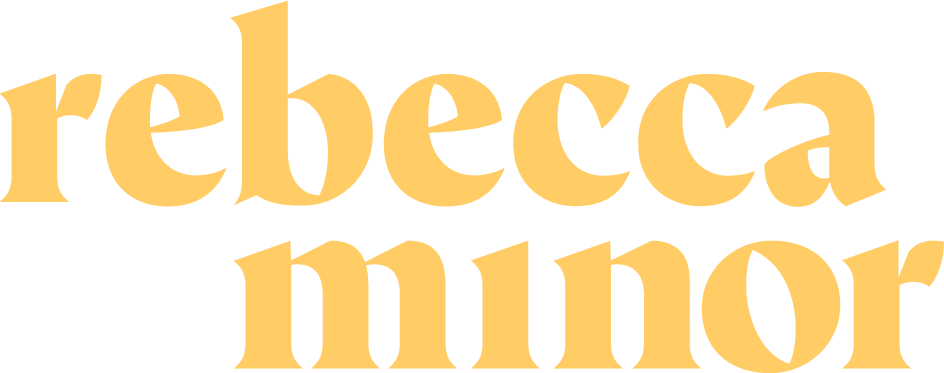Gender-Neutral Language Shifts
Changing common phrases in your speech can feel really difficult, especially if you’ve used them for a long time. If you aren’t a member of one of the many communities who are impacted by outdated language use, it is easy to overlook the importance of making a change. However, even small shifts in how we discuss gender and sexuality can help to destigmatize marginalized identities and create more welcoming spaces. Here are some ideas to help you start to use more inclusive and affirming language:
Instead of “Both Genders” or “Opposite Sex,” try “All Genders”
Although it might have been commonplace in the past to say “both genders” or “opposite sex,” now’s the time to attempt to rephrase! The words “both” and “opposite” imply that there are only two genders that exist, which we know is not the case; the gender binary is a social construct. Instead, try saying “all genders”!
For example: “This class is designed for people of all genders.”
Instead of “Born Female,” or “Female Bodied,” try “Assigned Female At Birth,” or AFAB
Instead of saying “born female” or “female bodied” try this: “Assigned Female at Birth (AFAB). The same phrase can be used to describe those assigned male at birth (AMAB). This phrase more accurately describes what happens when someone is born- they are assigned a gender before we can even ask them how they identify! Using the language of “bodied” or “born” puts more emphasis on the gender that the person no longer identifies with, and can be invalidating of one’s gender identity.
For example: “Ali was assigned male at birth, but then she transitioned later in life.”
Instead of “Homosexual,” try “Gay”
The word “homosexual” might still be used today, but it is no longer the accurate way to refer to a gay person. “Homosexual” was the word for the medical diagnosis of a gay person, and still carries a negative connotation of the time when being gay was considered an illness. Instead, try the word “gay.”
For example: “Melina came out as gay last year.”
Instead of “A Gay” or “A Transgender,” try “A Gay Person” or “A Transgender Person”
Yes, it is a common joke in the queer community right now to refer to yourself as “a gay”- and that is totally fine (and a little bit funny)! What should *not* happen, is a cisgender or straight person referring to someone as “a gay” or “a transgender” in a serious setting. These words are adjectives to describe people or groups, not nouns to describe individuals. It is dehumanizing to refer to someone as either of these things.
For example: “There are three trans people on the trans health panel.”
Instead of “Hermaphrodite,” always say “Intersex”
The word “hermaphrodite” should never be used- period. It is an inaccurate, derogatory slur that should not be said, except by someone who is reclaiming it. Instead, say “intersex,” which is the accurate medical term to use.
For example: “Intersex refers to a person born with reproductive or sexual anatomy that does not entirely fit into the societal binary of “male” or “female””
Instead of “Trans People and Normal People,” try “Transgender and Cisgender People”
This is an easy one: using the phrase “Trans people and normal people” implies that trans people are *abnormal*, which is stigmatizing and rude! Instead, try using the word cisgender, which refers to someone who identifies with their gender assigned at birth.
For example: “There were both trans people and cis people at the event.”
Effort is what matters
No one is going to be perfect all the time. People make mistakes in language everyday, because we are all still learning and growing together. What matters is that you’re making an effort and trying your hardest!
Resources to learn more about LGBTQ+ identities and be a better ally:
A great way to be an ally is learning the proper terms to discuss 2SLGBTQ+ topics.
To download a PDF of gender and sexuality terms click here.
Listen to the podcast Allyship is a Verb for LGBTQ+ stories and allyship tips!
Has a kid in your life recently come out to you? Check out my guide!
Sign up for How To Talk To Kids About Gender, the course that helps parents and caregivers have the not-so-difficult conversations that matter about gender.
